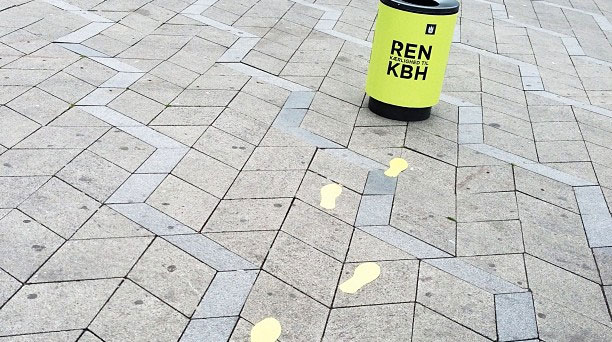By Lucia Reisch.
Policy makers all over the world increasingly choose nudges from the toolbox to combat challenges of society including public health and the environment. However, when we embrace nudges we should not only consider their benefits for society. We should also ask: Do people approve of using them, and why?
Nudges cover different interventions that steer people in certain directions. They can be everything from warnings on tobacco products to defaults for green energy. What is important: A nudge always allows people to choose themselves – and to opt out of a default. The approval of nudges is the focus of my new article written with co-authors Cass Sunstein and Micha Kaiser, recently published in the Journal of European Public Policy. Our analysis draws on an international survey from five countries: Belgium, Denmark, Germany, South Korea and the US. We asked a representative group of people in these countries if they approve of 15 widely used health and environmental nudges. We also checked for a long list of socio-economic, psychological, and social variable – including their trust in public institutions.
Most people do
A high level of support for nudges exists across countries and cultures. This is what we had found in earlier studies in about 25 countries worldwide. Yet differences in attitude show up across various beliefs, traits, and behaviours. Women and people with marked environmental concern are most likely to approve. At the same time, conservatives are less likely to do so. We see the force of behaviour when, for instance, a “meat-free Monday” in a cafeteria is less well supported by meat-eaters. Interestingly, this also applies to smokers who tend to disapprove of government anti-smoking campaigns.

Trust is a must
While our analysis points to several findings, one might outshine the others. Approval comes with trust. To be more specific, we find the trust in public institutions strongly connected with social approval. In other words, when people have high trust in, e.g., government or police, they are likely to be supportive towards nudges. As expected, those who strongly believe in the free market to solve challenges of society will be less in favour.
Openness and transparency
The finding of trust gives a very important lesson. We should make sure to cultivate trust in arguing for nudges. Even though most people already approve of nudges, policy makers should not rest on their laurels but rather engage citizens in the development of new policies and ways of assessing their cost-effectiveness and acceptance. The best way to obtain trust is to earn it, and to invite citizens to participate. This is why we propose a “bill of rights for nudging” that sketches out the rules a government should follow when using nudging as a policy tool. Transparent rules and processes tend to create trust in institutions.
Author
Lucia A. Reisch is Full Professor for Consumer Behaviour and Consumer Policy at Copenhagen Business School.
Full article
Cass R. Sunstein, Lucia A. Reisch & Micha Kaiser (2018): Trusting nudges? Lessons from an international survey, Journal of European Public Policy, DOI: 10.1080/13501763.2018.1531912
Images
Header photo: a trash bin in Copenhagen.
Photo by Bernard Hermant on Unsplash.
